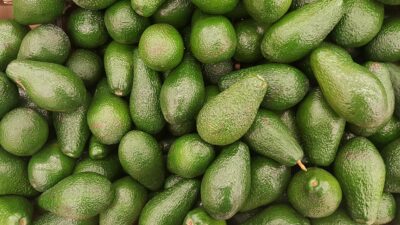In today’s fast-paced world, maintaining an active lifestyle while navigating the temptations of fast food can be a challenge. Fast food restaurants offer convenience that appeals to athletes and active individuals pressed for time. However, making wise nutritional choices is essential, ensuring that meals support performance, recovery, and overall health.
Understanding the Nutritional Needs of Athletes
Athletes require a balanced diet rich in carbohydrates, proteins, fats, vitamins, and minerals to fuel their bodies, support recovery, and enhance performance. The right foods can help improve endurance, build muscle, and aid in faster recovery after intense workouts.
Key Nutritional Components
-
Carbohydrates: These are the body’s primary energy source. Athletes should aim for complex carbohydrates such as whole grains, fruits, and vegetables, but fast food options can be viable when selected appropriately.
-
Proteins: Essential for muscle repair and growth, proteins from lean sources are vital. Fast food options might include grilled chicken, turkey burgers, or even bean-based items.
-
Fats: Healthy fats from sources like avocados, nuts, and olive oil are important, but athletes should limit saturated and trans fats often found in fast food.
- Hydration: Staying hydrated is crucial for optimal performance. Opting for water or unsweetened beverages rather than sugary drinks is a must.
Making Smart Fast Food Choices
Read the Menu: Nutritional Information
Many fast food chains now provide nutritional information on their menus, which is immensely helpful. Pay attention to calorie counts, macronutrient breakdowns, and consider portion sizes—sometimes “value meals” can lead to oversized servings.
Order Wisely: Modifications and Alternatives
-
Opting for Grilled Over Fried: Choose grilled chicken sandwiches or wraps instead of fried options.
-
Whole Grains When Available: Look for whole-grain buns or wraps to increase fiber content.
-
Salads with Protein: A salad topped with grilled chicken, beans, or tofu can offer a balanced meal option, just be cautious with dressings (opt for oil-based dressings rather than creamy ones).
-
Skip Sugary Drinks: Choose water, coffee, or unsweetened iced tea instead of soda or milkshakes.
- Mind the Sides: Instead of fries, consider side salads, fruit cups, or vegetable sticks as alternatives.
Plan Ahead: Pre-Workout and Post-Workout Meals
Fast food can fit into your pre- and post-workout meals if chosen carefully. Before a workout, opt for something light and carbohydrate-heavy, such as a fruit smoothie or a peanut butter sandwich. Post-workout, aim for a protein-rich meal to help with muscle repair—grilled chicken with brown rice and vegetables can be a great option.
The Balance of Enjoyment and Nutrition
While it’s crucial to make thoughtful nutritional decisions, it’s also important to enjoy your food. Allowing for occasional indulgences can lead to a balanced diet that is easier to stick to in the long run. Strategies like splitting a dessert or choosing smaller portion sizes can help maintain that balance.
Conclusion
Being an athlete doesn’t mean saying goodbye to fast food altogether; rather, it’s about making informed choices that align with nutritional needs while embracing convenience. By prioritizing whole, nutrient-dense options, and utilizing mindfulness when ordering, fast food can still fit into an active lifestyle. Ultimately, the goal is to fuel the body effectively without sacrificing the joy of eating, enabling sustained energy and performance on and off the field.



